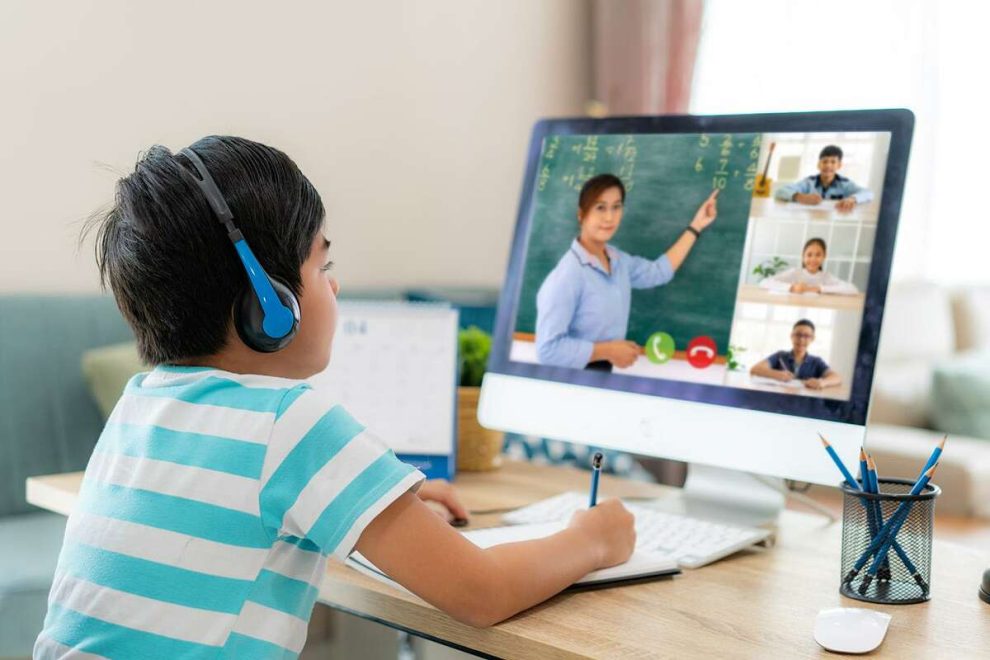A recent study that compared children’s brain activity between face-to-face interaction and virtual interaction found that electrical activity in the brain is significantly reduced during virtual social interaction, suggesting impairments to childhood cognitive and social development.
Neuroscience News reported a study that analyzed the interactions between 62 mother-child pairs, both face-to-face and virtually. The children in the study were ages 10 to 14. Utilizing a process that can simultaneously scan brain activity in multiple subjects, known as hyperscanning, researchers found that brain activity was reduced during virtual interaction via videoconferencing, specifically brain synchrony between the mothers and their children.
Guillaume Dumas, an author of the study and a professor in the Department of Psychiatry and Addiction at the University of Montreal, demonstrated earlier in his career that electrical waves in human brains can synchronize during social interactions.
“Inter-brain synchrony is associated with the development of social cognition,” Dumas said. “The resonance between brains enables children to learn to distinguish between self and others, to learn social relationships.”
The study found that “live interaction elicited nine significant cross-brain links between densely inter-connected frontal and temporal areas,” whereas “remote interaction elicited only one significant cross-brain-cross-hemisphere link.” The frontal region of the brain is associated with critical thinking, emotions, personality, long-term memory, and many more important functions. The temporal lobe is associated with auditory processing and short-term memory.
With the disruption to brain-to-brain synchrony, consequences for children’s cognitive development can be expected, especially as it pertains to the brain functions associated with social interaction, according to Dumas. “And these are life-long effects,” he added.
Conclusions from the study call into question the effectiveness of online learning for children and teens. The shift to online learning during the COVID pandemic could result in innumerable consequences for children, given the results of the study. The consequences could also be nearly immeasurable.
Dumas noted that the question of to what extent has the pandemic affected social development in children is “important … but difficult to answer, given that the full effects won’t be known for 10, 15 or 20 years.”
Though the study focused primarily on children, the author noted that the results can be extrapolated out to adults. Lack of brain synchrony in virtual interactions is what likely causes what has been called “Zoom fatigue.” Virtual interactions are more likely to cause fatigue because they can seem “more laborious and less natural,” Dumas said.
The authors of the study conclude that more research is needed on the impact that virtual social interaction has on the human maturation process. But more broadly, the results indicate there are exciting answers to seek out about the neurobiology behind brain-to-brain synchrony.
Story cited here.
























